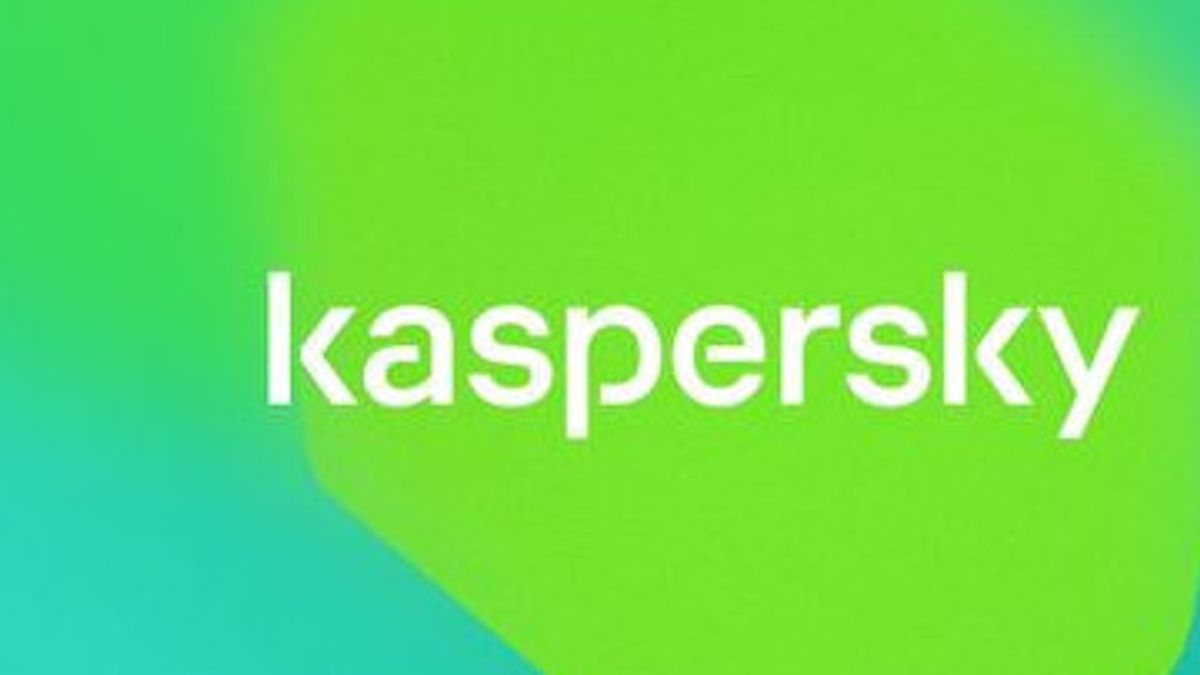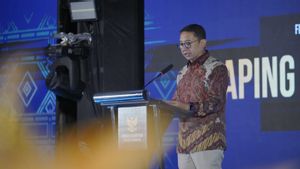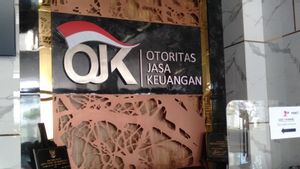JAKARTA - Kaspersky has officially become a 15 percent stakeholder in Motive Neuromorphic Technologies, a company specializing in neuromorphic computing technology (computing that mimics the brain's nervous system).
In a release received on Friday, July 1, Kaspersky said that development efforts by Kaspersky and Motive Neuromorphic Technologies are aimed at creating new opportunities for machine learning-based solutions: self-learning systems and smart devices of the future.
In 2019, Kaspersky signed a cooperation agreement with Motive NT, and the two of them joined the effort to develop the Altai neuromorphic processor, which accelerates hardware systems using Machine Learning.
In this collaboration, specialists from the two companies jointly produced their first batch of neuromorphic processors, developed the software package, and succeeded in confirming the performance of neuromorphic processors based on measures of speed and energy efficiency through experiments.
The two companies are currently developing a second version of the neuromorphic processor, as well as seeking a technology partner to create a pilot project using the Altai neurochip. Launching the Altai neurochip to market will make neural network training technology more efficient and accessible to a wide range of devices by cutting energy costs significantly.
Unlike old processors, neuromorphic processors do not need to access and retrieve information from memory (or the smallest data) because all information is already stored in artificial neurons. Thus, enabling neuromorphic processors to process big data without the need for additional computing capabilities on the device.
Tests show Altai processors use 1000 times less energy than older graphics accelerators (GPUs), which are still widely used today.
“We have been working on this project for more than two and a half years, have made important progress, and see the great potential of this processor in Russia and in the world. According to various estimates, the market value of neuromorphic chips could be more than USD7.5 billion by 2025. Our investment in Motive NT and our role as a shareholder underscores our visionary ambitions and commitment to opening up new perspectives in various areas of technology, including beyond security. cyberspace,” said Andrey Doukhvalov, VP, Future Technologies, Kaspersky.
Furthermore, Doukhvalov said that they are currently undergoing the first round of investment and are already planning to increase investment in the future.
"For Kaspersky, this access to neuromorphic technology paves the way for a global technology ecosystem. In the future, we will add hardware solutions based on neuromorphic processors to our operating system, complete KasperskyOS software for dealing with cyberthreats, as well as MyOffice," he added.
On the other hand, Alexey Romanov, CEO of Motive NT said, the application area of neuromorphic processors is hardware acceleration used in the latest generation of artificial intelligence systems, which are based on training spiking neural networks (SNN).
"This approach is more similar to biological interactions – where usually artificial neural networks (ANNs) exchange numbers – neuromorphic processors allow neural networks to operate like biological neurons, communicating via spikes (action potentials)," explains Alexey Romanov.
Romanov continued, this approach opens up opportunities for highly energy efficient solutions. These processors will be of interest to various fields such as the Internet of Things (IoT), robotics, unmanned vehicles, artificial reality projects, cyber-physical systems, facial recognition, and intelligent big data processing.
"These solutions can also be incorporated into speech and vision recognition systems. The development of this technology can lead to the emergence of completely new devices and technologies, thanks to their adaptability and training in the new generation of algorithms it has," concluded Alexey.
The English, Chinese, Japanese, Arabic, and French versions are automatically generated by the AI. So there may still be inaccuracies in translating, please always see Indonesian as our main language. (system supported by DigitalSiber.id)













